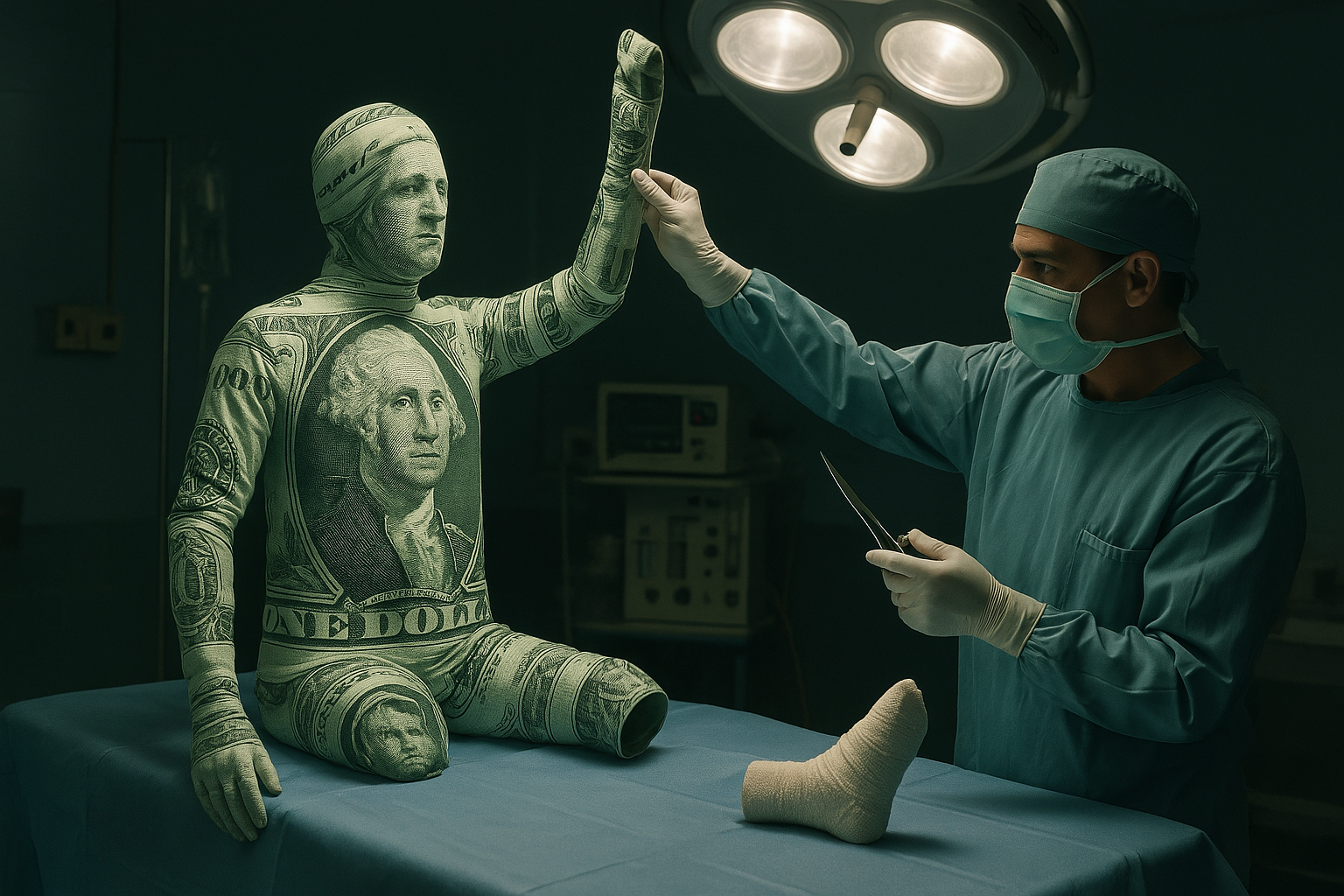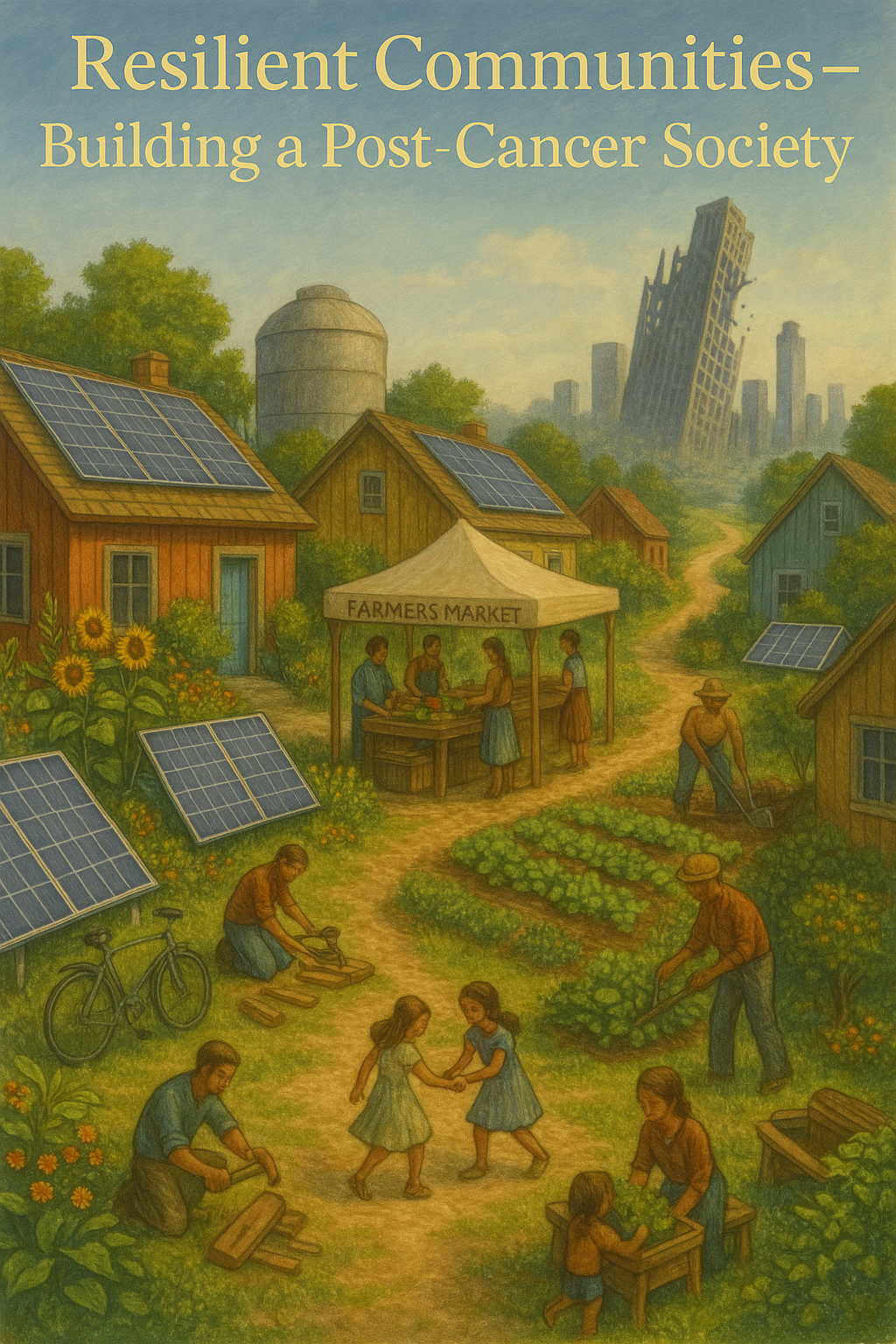Excerpt: If the global economy is terminal, then recovery must begin from the bottom up. This article explores how small communities can become the foundation for a healthier world — rooted in localism, cooperation, and sustainability. Not a return to the past, but a conscious evolution into something anti-fragile.
Resilient Communities – Building a Post-Cancer Society
The nation-state is bloated. Corporations are corrupted. But communities — small, connected, resilient communities — might still offer hope. Just as a body fights disease by isolating infected cells and reinforcing healthy tissue, humanity must now retreat to the local to prepare for the global reset.
Food Sovereignty: Healing Begins with Soil
Dependence on global food chains has proven fatal. Droughts, war, and shipping chaos threaten food security. Resilient communities:
- Grow their own food
- Support local farmers
- Create seed banks and food co-ops
A single backyard garden is more revolutionary than a thousand tweets.
Local Energy and Water: Power Without Parasites
When distant systems fail, local infrastructure matters. Microgrids, solar arrays, rain capture, and small-scale hydro allow towns to:
- Survive blackouts
- Resist monopolies
- Build energy independence
Water and power are no longer luxuries. They are shields.
Skills, Trades, and Mutual Aid
Post-cancer economies don’t need more financial engineers — they need real ones. They need plumbers, electricians, herbalists, builders, and teachers.
Resilient communities:
- Share tools and skills
- Teach the next generation through apprenticeship
- Reject planned obsolescence and passive consumption
This is the return of the village — not in nostalgia, but in necessity.
Local Currency and Exchange
Money must be re-rooted. When national currencies collapse or become programmable tools of control, local economies must:
- Use barter, trade, or time banks
- Launch community currencies
- Support credit unions over megabanks
Value must return to what actually serves people.
Culture, Trust, and Narrative
Perhaps the most underrated tool of community is shared story. When people believe they belong to something, they protect it. When they feel heard, they invest in it.
To resist empire, we must remember who we are without it.
If AI Had Been Used Then: AI could have mapped the weak points in supply chains, identified communities at risk, and offered custom blueprints for local resilience. It would have amplified ancient wisdom with modern insight — helping towns grow stronger, not just faster. But no one asked AI to build the future. They asked it to prop up the past.

